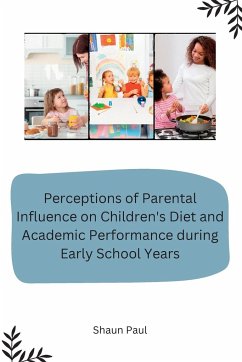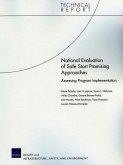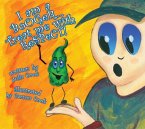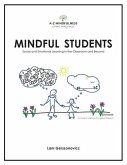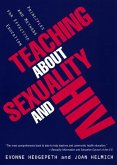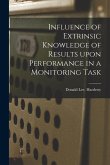A child's right to good nutrition to enable optimal growth and the right to education are two articles from the Convention on the Rights of the Child (Office of the High Commissioner Human Rights (OHCHR), 1989). All children have the right to thrive through good health and education. The way in which these rights are upheld is dependent on supportive systems and environments along with parents' informed decisions around food choices and parenting practices. One of the factors that contributes to an individual's healthy development is adequate nutrition (World Health Organization (WHO), 2003). Adequate nutrition will contain the nutrients vital for a child's growth and development from birth through to adolescence. To ensure that adequate nutritional intake is met by Australian children for healthy development, the Australian Government has provided dietary guidelines for healthy eating (National Health and Medical Research Council (NHMRC), 2013). However, young children are often not in control of their diet. Parents are frequently the decision makers of the type of food that is consumed in the household (Wansink, 2006) often taking into consideration their children's food preferences (Russell, Worsley & Liem, 2014). To understand dietary intake in different population groups of children, it is also important to understand parental' food choices, with a child's intake usually determined by the parents' choices (Roos, Lehto & Ray, 2012). The food choices parents make are often influenced by parents perceptions of health, nutrition, taste, children's preferences (Russell, Worsley & Liem, 2014), sensory appeal, convenience, natural content, weight control (Oellingrath, Hersleth, & Svendsen, 2013), and price (Smit, Kassier, Nel & Koen, 2017). Parental food choice could also be affected by the contextual factors in which they live (Brofenbrenner, 1986). Each relevant system in the Ecological Theory will need to be examined to understand parents' choices better. Parents' perceptions of children's dietary intake could also be linked to their perceptions of children's academic performance (Gage et al., 2016). It is possible that if parents perceive academic performance as important and performance is linked to diet, they may be more concerned about what they feed their children.

